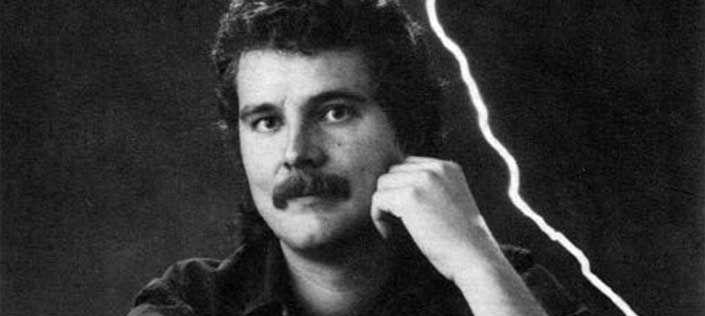This is a rather short interview by Felipe Pepe, who is working on the CRPG Book Project. Despite it being only made up of two questions, I think it's interesting enough for some discussion.
Interview: D.W. Bradley on Wizardry 6 & 7

It's interesting to note that Chris Avellone has frequently spoken about a rival party being a central part of what would have been Fallout 3 (Fallout Van Buren).
RPG Codex Interview: Chris Avellone at Digital Dragons 2016
Interview: D.W. Bradley on Wizardry 6 & 7

D.W. Bradley is best known as the man behind the second wave of Wizardry games.
After Andrew Greenberg and Robert Woodhead left, Bradley took over the series on Wizardry V: Heart of the Maelstorm (1988), expanding the game’s systems and dungeons. In Wizardry VI: Bane of the Cosmic Forge (1990) he revamped the graphics and character systems, added more story & NPC interactions and set the stage for an ambitious sequel…
Wizardry VII: Crusaders of the Dark Savant (1992) took the series to new heights with a large non-linear open world, where several alien factions searching for a legendary artifact – with NPC parties roaming the land and looting dungeons alongside the player.
After that he worked with Warren Spector at Origin on CyberMage: Darklight Awakening (1995), an early FPS\RPG hybrid, then went on to found his own company – Heuristic Park – and release two more RPGs: the vastly underrated Wizards & Warriors (2000) and the recently re-released Dungeon Lords (2005).
Despite this impressive career, there are extremely few interviews with D.W. Bradley, and most are about Dungeon Lords. However, I’ve managed to contact him this week and he generously replied two of my questions on the Wizardry series:
It's interesting to note that Chris Avellone has frequently spoken about a rival party being a central part of what would have been Fallout 3 (Fallout Van Buren).
RPG Codex Interview: Chris Avellone at Digital Dragons 2016
JMR: Van Buren was supposed to have another party in the world that would wander around and complete quests. Can you tell us how that was supposed to work?
MCA: Yeah, basically what they would do is they would go to alternate locations, and they had their own agenda path they were trying to follow to accomplish certain objectives. And the trick with them is each one of the rival party members actually had a separate agenda, which they didn't fully share with everybody else in the party. So sometimes they would do certain things at locations where it worked with one of their agendas but nobody else's, but the other guys wouldn't know about it, so you could use that against them, where you're like, ”Well you know that guy in that location left a note for us to follow you”, and they're like, “Oh my god! Are you a traitor?” [shooting sounds] But... it was basically a very heavily scripted NPC mechanic, where we were like, we're trying to increase reactivity and the sense the world was moving on. So, when the player characters would go to one location and do a bunch of stuff, they would be notified that something else was happening in the location and those guys would take care of the quests in an area or conquer that location, and you were like, “Oh, shit”, like, “We gotta move.” But it was all intended to give the sense that something else was happening in the world without waiting for you.​




